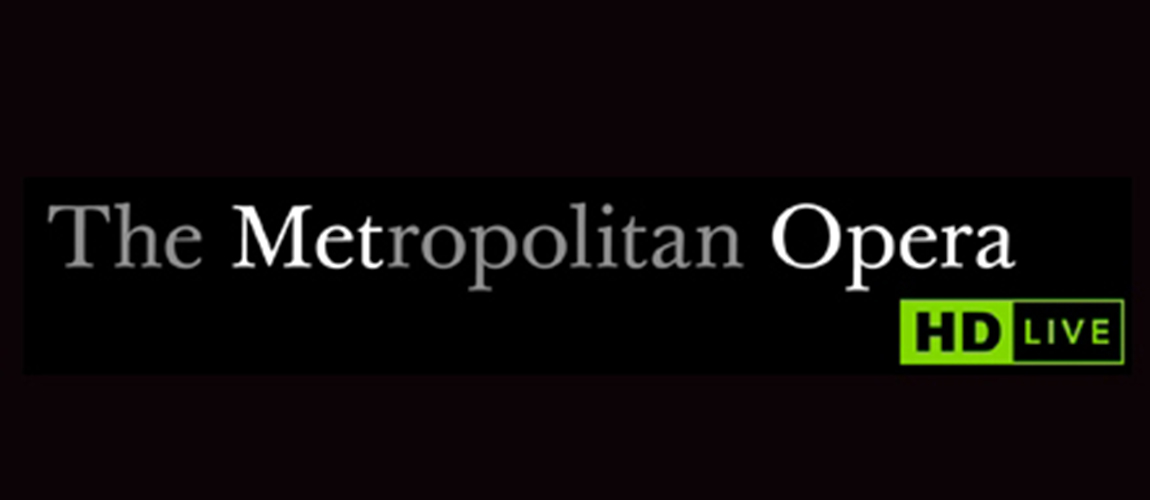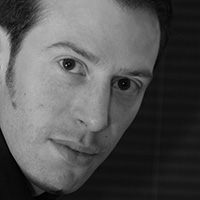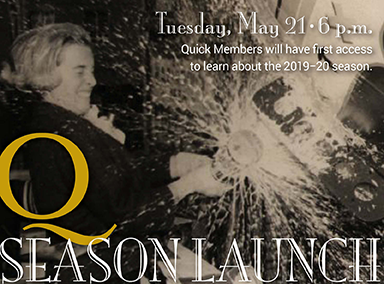
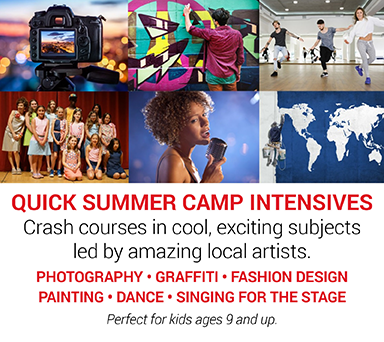
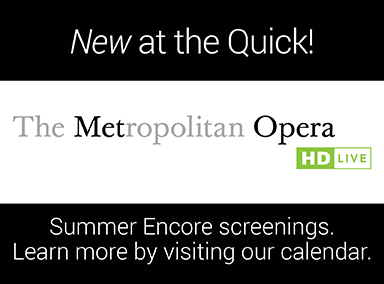
Opera can be considered the most significant work in the performing arts field. It continues to captivate its audiences because it presents the essence of humanity—the complex emotions overlaid through social interactions. Those lucky enough to partake in an operatic journey will be treated to a diverse range of sentiments through its music, singing, and lyrics as well as history, politics, and social issues through its context, sets, and costumes. What makes opera one of the most enduring art forms is that it makes audiences laugh and cry through one of the most complete artistic experiences ever created.
In our exploration of opera, we will examine some of the most well-known melodies in the upcoming season from The Met: Live in HD as well as other essential works. The fall 2018 season commences with Verdi’s grandiose Aida and the season contains more of opera’s greatest hits, including Verdi’s La Traviata, Bizet’s Carmen, and Wagner’s Die Walküre. Our course will also explore some of the other works being presented: La Fanciulla del West, Samson et Dalila, Adriana Lecouvreur, La Fille du Régiment, Marnie, and Dialogue des Carmélites. Additionally, we will also explore some of the best known voices in these featured operas including Maria Callas, Renata Tebladi, Joan Sutherland, Birgit Nilsson, Giulietta Simionato, Enrique Caruso, Giuseppe Di Stefano, Mario Del Monaco, Franco Corelli, Luciano Pavarotti, Placido Domingo, and Juan Diego Florez.
Most importantly, we will have participatory discussions about why opera is or is-not relevant today. Can audiences still connect with the storylines and thematic issues presented? Do we see our own reflection in characters on stage? Class dialogue will explore if opera is a necessary exposé of the human condition or if it is an antiquated elitist art form. We will also discuss if opera has a place in schools or if it is limited to adult audiences. By the conclusion of these seminars, opera may have a place in your heart.
ERIK NOVOA has enjoyed a lifelong appreciation for – and personal relationship with – opera. He was brought up in New York City in a performing arts family; his father was principle tenor at New York City Opera and his mother was a dancer with New York City Opera Ballet. Erik soon learned a majority of the baritone arias of the Verdi and Puccini repertoires, while also studying piano, trumpet, and dance. Degrees in history of ideas and American Studies help Erik examine opera both as an art form and as a relevant part of cultural identity.
